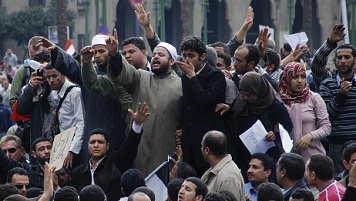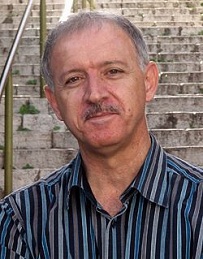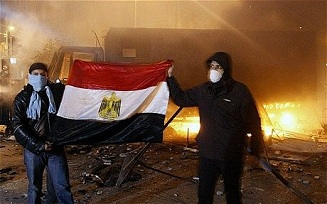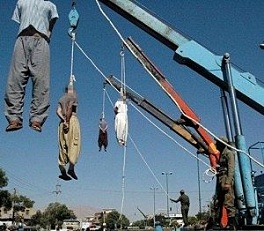Listen to the People

Everyone is glued to their television sets. The scenes from Egypt's Tahreer [Liberation] Square, from Alexandria and from Suez are mesmerizing, especially for us nostalgic Palestinians who know what it feels like to revolt against an oppressive regime.
At least we used to. The relative silence of the Palestinian street towards the historic events in the Arab world is perplexing, even to the most unfazed among us. While there is no doubt whatsoever that hearts and minds are in the right place, the question is why we are also not out on the streets in solidarity. The answer will vary, of course, depending on the respondent.
For young and zealous protesters in the West Bank eager to wear their hearts on their sleeves and show their solidarity with their Arab brethren, the finger of blame is squarely on the Palestinian Authority and its security forces. It is not as though our people have not felt the call of their fellow Arabs in Tunisia and Egypt and the pull of their cause against the oppressive regimes of their leaders. On the contrary, after the first week of protests in Tunisia, when it was clear the Arab world as we know it would be turned upside down, the Palestinians took to the streets. It was not long, however, before they were told to go home by the police and security forces who, no doubt, were acting on orders from above.
Now that Egyptians have regained hope that they too can be the catalyst for change in their own country, they have taken over the streets. Again, Palestinians felt the urge to join hands (metaphorically) with their Egyptian brethren and again, they were turned back at the door of the relevant ministries after requesting a permit to congregate. What will the Egyptians think of us?




























